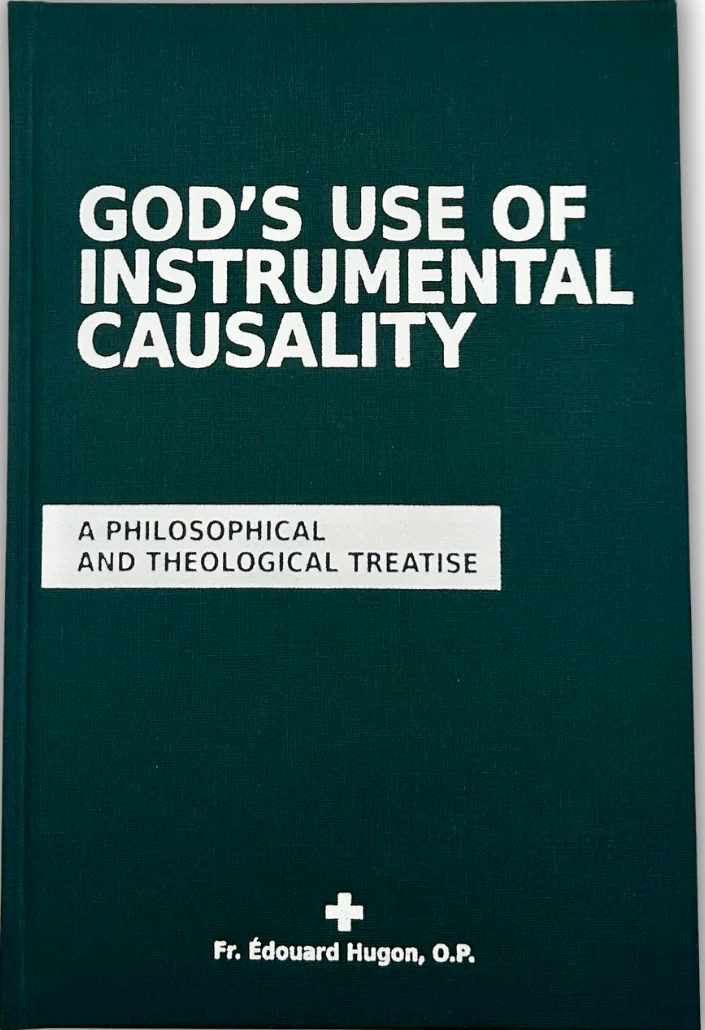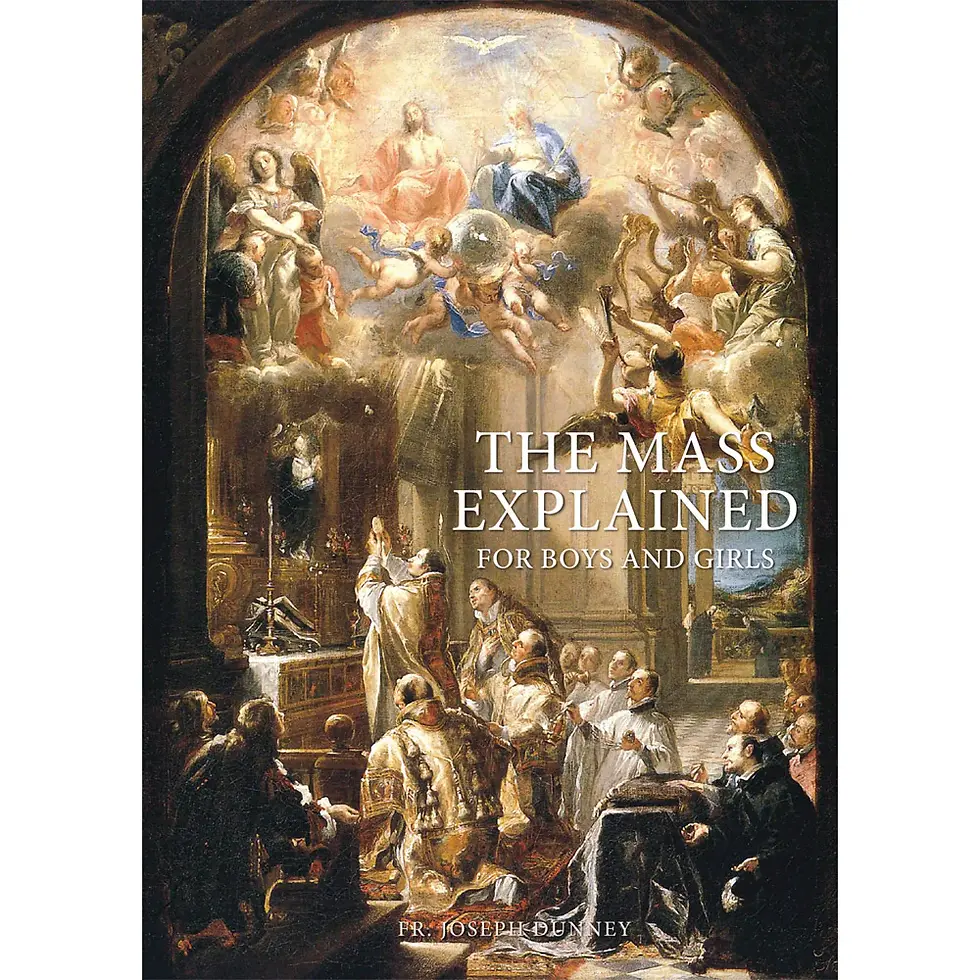This is a new edition of Billot's classic work on liberalism. It features an introduction and a newly revised translation by Thomas Storck as well as a foreword by Fr. Thomas Crean, O.P.
Thomas Storck is the author of five books: The Catholic Milieu (1987), Foundations of a Catholic Political Order (1998), Christendom and the West (2000), From Christendom to Americanism and Beyond (Angelico Press, 2015), and An Economics of Justice & Charity (Angelico Press, 2017). He is contributing editor of The Distributist Review, New Oxford Review, and a member of the editorial board of The Chesterton Review. Many of his essays and articles may be found on the website:www.thomasstorck.org
For the first time in many years, liberalism, the dominant ideology and foundational myth of modernity, is undergoing a serious critique. Seminars and debates have been held in recent months on liberalism and its effect upon Western culture and important books published which question liberalism's contributions to the cultures of Europe and its extensions. But there have been critics of liberalism from its beginnings in the eighteenth century, and if we overlook their contribution to the debate we risk ignoring a large and important literature which can broaden our view of what liberalism is and how it operates. Cardinal Billot's treatise on liberalism, part of a larger work on the Church and her relations with society, appeared a few years before World War I and was translated into English in the early 1920s. This newly revised translation includes an extensive introduction on the trajectory of liberalism in the United States by Thomas Storck, who also revised the translation, and a foreword by Fr. Thomas Crean, O.P. It is an important work to gain a perspective from another century on the difficulties which liberalism creates and has created in what was once Christendom.
* * * * *
In an age where Liberalism, in one form or another, dominates the world, both inside and outside the Church, spreading confusion from an already diabolically disoriented secular world into the daily life of Catholics themselves, nothing could be more timely than this translation of Cardinal Billot's magisterial expression of why the Church must oppose Liberalism in all its many open and subtle forms. –John Rao (D.Phil., Oxford); Associate Professor of History, St. John's University
As the contemporary political circumstances have revealed to us the many problems in our American regime, more people are questioning the theory and practice of classical liberalism. This newly revised translation by Thomas Storck of Louis Cardinal Billot’s Critique of Liberalism is a timely retrieval of a political philosophy and theology which contributes to the debate (both inside and outside the Church) about the roots of our crises. It helps clarify what is at stake in the age old struggle for the proper relationship between the Church and the political order, and an understanding of authentic liberty. This is a must read for those who are concerned about the present state and future prospects of America. – Dr. Steven Brust, Assistant Professor of Political Science, Eastern New Mexico University
Before we can scrutinize "the signs of the times,” as the Second Vatican Council charged Catholics to do, we must understand the basic ideas that underly the times. The doctrines of Liberalism, a fundamental idea of our time, are ably and incisively defined and refuted in the pages of Louis Cardinal Billot’s small treatise, Liberalism. Thomas Storck’s revised translation of Billot’s text conveys Billot’s thought – which is really the Church’s thought – with strength and clarity. And Mr. Storck’s introductory essay ably “translates” Billot’s thesis into a North American context. Readers will find in this republication of Billot’s Liberalism not only a key to understanding the errors of our times, but their effective antidote in the wisdom of Catholic tradition. – Christopher Zehnder, MA, General Editor and author, the Catholic Textbook Project
Liberalism: A Critique of Its Basic Principles and Its Various Forms
Arouca Press















